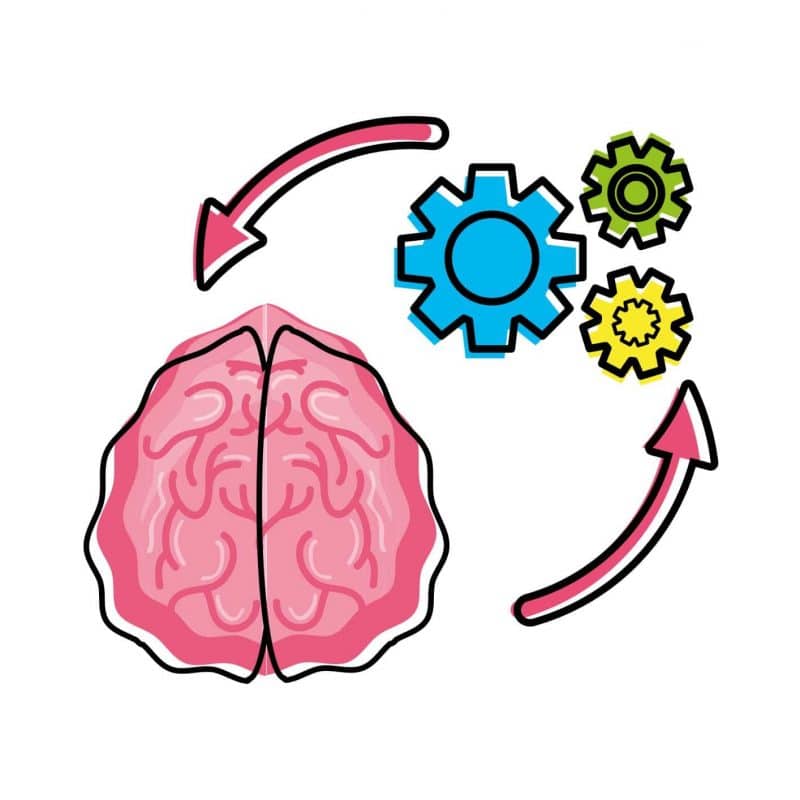3 Antioxidants that are also Nootropics
Posted by TEAM PURE NOOTROPICS

Did you know that some of your beloved antioxidants are also nootropics? As if the antioxidants we regularly consume and supplement weren’t already doing enough for us, there are 3 we can also add to the list of optimizing our cognition!
What exactly is a nootropic? A nootropic is a natural or synthesized substance that must meet 5 criteria: enhance memory, improve behavior, protect the brain, improve mechanisms in the brain, and have low side effects and toxicity.
- Alpha-Lipoic Acid acts as an antioxidant that is created in the mitochondria of cells, primarily in liver cells. It can reduce oxidized glutathione, the master antioxidant, making it more available for glutathione to go on to neutralize more free radicals. ALA can also reduce other antioxidants, like Vitamin C and E, leaving them free to scavenge again.
How does ALA work as a nootropic? ALA raises levels of acetylcholine (Ach) and choline acetyltransferase (ChAT) while simultaneously decreasing the enzyme which breaks down acetylcholine in the hippocampus (acetylcholinesterase). The result? More acetylcholine is available, and with less enzymes to break it down in the hippocampus (the area of the brain involved in learning and memory), more neurotransmission is available to improve focus, attention, and memory—all while protecting the brain from cognitive declines related to deficits in acetylcholine.
- N-Acetyl-L-Tyrosine (NALT) is a form of L-Tyrosine and is a modified amino acid. Most commonly known for its role in synthesizing dopamine, a seldom-realized benefit of L-Tyrosine is its ability to promote antioxidant activity. It inhibits lipid peroxidation, and as a related compound to dopamine, has a protective ability against damage in the brain induced by free radicals. L-Tyrosine affects DPPH radical scavenging, superoxide anion radical scavenging, peroxidation scavenging, and ATBS radical scavenging.
How does NALT work as a nootropic? NALT synthesizes the neurotransmitters adrenaline and dopamine while also being involved in the synthesis of norepinephrine and epinephrine. Dopamine influences feelings of pleasure, reward, and regulates cognition, motivation, learning and memory.
- Acetyl-L-Carnitine (ALCAR) is an acetylated form of the amino acid L-Carnitine. The body converts ALCAR to L-Carnitine and back and forth as needed. L-Carnitine promotes antioxidant activity by reducing lipid peroxidation in the brain, increasing the levels of superoxide dismutase (SOD, a powerful antioxidant), enhancing the activity of glutathione peroxidase, and combating age-related cognitive declines by increasing catalase activities in the brain.
How does ALCAR work as a nootropic? ALCAR influences acetylcholine activity and increases choline acetyltransferase (ChAT), as well as maintaining current stores of acetylcholine in the brain. ALCAR also provides the precursor acetyl-CoA for acetylcholine synthesis and buffers coenzymes in the cytosol of the cell which can inhibit acetylcholine synthesis. Another plus to supplementing with ALCAR? The increased ability to reduce oxidative stress, oxidative DNA damage, and lipid peroxidation are neuroprotective.
ALA, NALT, and ALCAR are 3 nootropics with free-radical fighting benefits you won’t want to be without.

